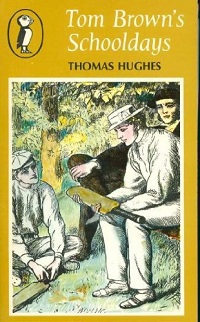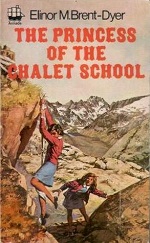Always a little late to the party, i.e. first Monday rather than first Saturday of the month, but always a pleasure to take part in the Six Degrees of Separation, hosted by Kate of Books are my Favourite and Best. We all start with the same book and then link it, one by one, to six other books to form a chain. There are no limits to our imagination as we use the links!
This month the starting point is Notes on a Scandal by Zoe Heller. There was quite a buzz about this book when it first came out and it was filmed as well, although I haven’t seen the adaptation. Originally a little sceptical about the book (the blurb did not do it any favours), I was actually impressed after reading it: the unreliable narrator is done so unobtrusively well. It is set in a school and I’ve decided that this month I will stick to books set in schools or universities, because I always enjoy them (having been both a teacher and a university lecturer at various points in my life).
The first book in the chain is very similar in premise: an angry schoolteacher narrator who feels invisible, undervalued, frustrated – and is beguiled by the parents of one her pupils – by their lifestyle, their artistic freedom, their background. The book is The Woman Upstairs by Claire Messud and I kept wanting to quote whole chunks from it (there is something about artistic frustration there, which is not so much present in Notes on a Scandal).
Speaking of unfilfilled teachers who nevertheless believe themselves to be always right, god-like and create their own set of favourites, the best example of that is The Prime of Miss Jean Brodie by Muriel Spark, set in pre-WW2 Edinburgh.
Very similar premise again, this time with a male teacher wanting to ‘open the eyes, ears and hearts’ of his students, this time through poetry, is the play Dead Poets’ Society by Tom Schulman, based on the very successful film starring Robin Williams as the charismatic teacher, for which Schulman had written wrote the original script (which won an Oscar).
Literature nerd though I am, I thought the premise of the film was overblown and elitist, and that is how I feel about The Secret History by Donna Tartt, which so many people love but which I found annoying, pretentious and almost unreadable.
Despite its age (more than 150 years old) and its moralising tone, Tom Brown’s Schooldays by Thomas Hughes is an excellent (and sadly not at all outdated) description of elite public schools in England (in this case, Rugby), with its brutal bullying, opaque rituals and privileged idiots.
A far more appealing private school is the Chalet School (which starts off in the 1920s and relocates from Austria to the Channel Islands to Wales and finally Switzerland over the course of many decades). The series numbered 59 books in total, but my favourite is perhaps the first one I ever read (not the first in the series) The Princess of the Chalet School by Elinor M. Brent-Dyer. Perhaps because I thought Princess Elisaveta of Belsornia could have come from a small country somewhere in the Balkans that I could relate to?
No books in translation this time – which is a bit of a shame. I think the school (especially boarding school) genre is more popular in the UK than elsewhere (a legacy of all those colonialists sending their offspring to be educated back in the good old motherland, perhaps?), but there are some good school stories from other countries too, so perhaps I will dedicate my next post to that.
In the meantime, we have gone from London to Cambridge, Mass., Edinburgh to Vermont (twice!), Rugby and Tyrol. Where will your six degrees of literary links take you this month?



